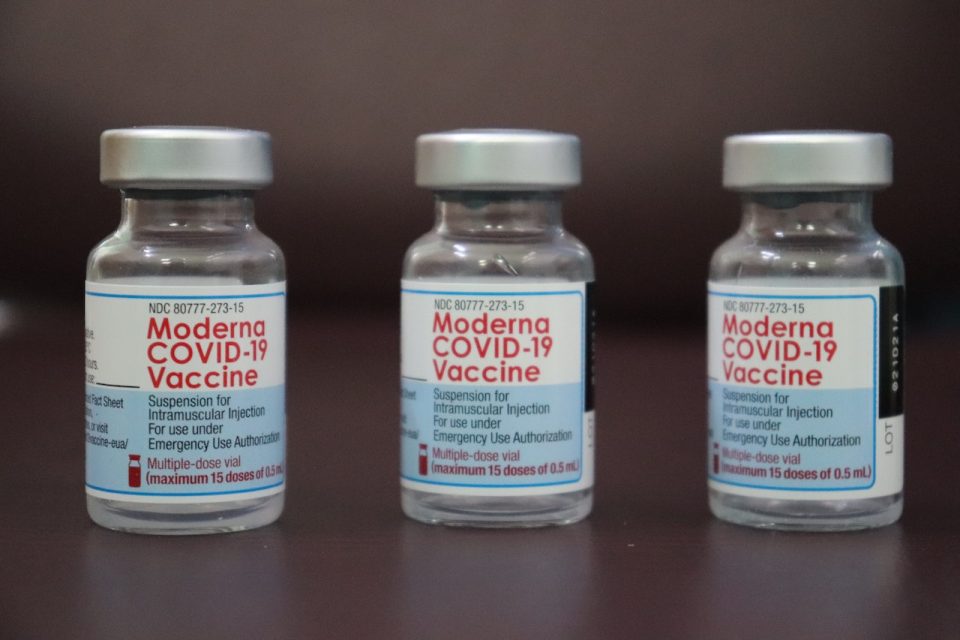Moderna, a leading pharmaceutical company, revealed on Wednesday that clinical trial data has shown its updated COVID-19 vaccine to be a potential shield against the highly-mutated BA.2.86 subvariant of the coronavirus. This development comes at a crucial juncture as concerns about the resurgence of infections have mounted due to the emergence of BA.2.86. The company’s announcement is expected to provide a glimmer of hope as the world braces for the fall season.
According to Moderna, their vaccine demonstrated a remarkable 8.7-fold increase in neutralizing antibodies in human subjects, specifically targeting the BA.2.86 subvariant. This subvariant has been closely monitored by global health authorities, including the World Health Organization (WHO) and the U.S. Centers for Disease Control and Prevention (CDC).
Jacqueline Miller, Head of Infectious Diseases at Moderna, expressed optimism about the findings during an interview, stating, “We think this is news people will want to hear as they prepare to go out and get their fall boosters.” She further emphasized that this data should also serve to reassure regulatory agencies, addressing concerns regarding the vaccine’s effectiveness.
Previously, the CDC had raised concerns about the potential of BA.2.86 to cause infections, particularly in individuals who had previously contracted COVID-19 or received earlier vaccine shots. The BA.2.86 subvariant, an offshoot of the Omicron variant, carries over 35 mutations in key areas of the virus, distinguishing it from the XBB.1.5 variant that dominated most of 2023 and served as the primary target for the updated vaccines.
Moderna has diligently communicated its new findings to regulatory bodies and submitted the data for peer review publication. The updated vaccine, however, awaits approval from the U.S. Food and Drug Administration (FDA), with expectations of availability later this month or in early October.
Moderna is not alone in its efforts to combat emerging variants. Rival pharmaceutical companies, including Novavax and Pfizer in partnership with BioNTech, have also developed vaccine versions directed at countering the XBB.1.5 subvariant. Last month, both Moderna and Pfizer announced the potential effectiveness of their vaccines against another concerning subvariant, EG.5, in preliminary testing.
While European regulators have already given their endorsement to the Pfizer/BioNTech vaccine, the Medicines and Healthcare products Regulatory Agency in the United Kingdom approved it just last week. However, no official statements have yet been made regarding the approval of Moderna’s updated vaccine by European authorities.
BA.2.86 has now been detected in several countries, including Switzerland, South Africa, Israel, Denmark, the United States, and Britain, according to information from a WHO official. Despite the vigilance required to monitor this variant, experts consulted by Reuters have noted that it is unlikely to result in a wave of severe illness and fatalities. This optimism stems from the extensive global vaccination efforts and the immunity developed by individuals who have previously been vaccinated or infected.
Moderna’s announcement offers a ray of hope to individuals seeking a robust defense against the BA.2.86 subvariant. With clinics poised to receive the updated vaccine in the near future, this development represents a significant stride in the ongoing battle against a virus that has caused profound disruptions worldwide.
Source: Reuters

